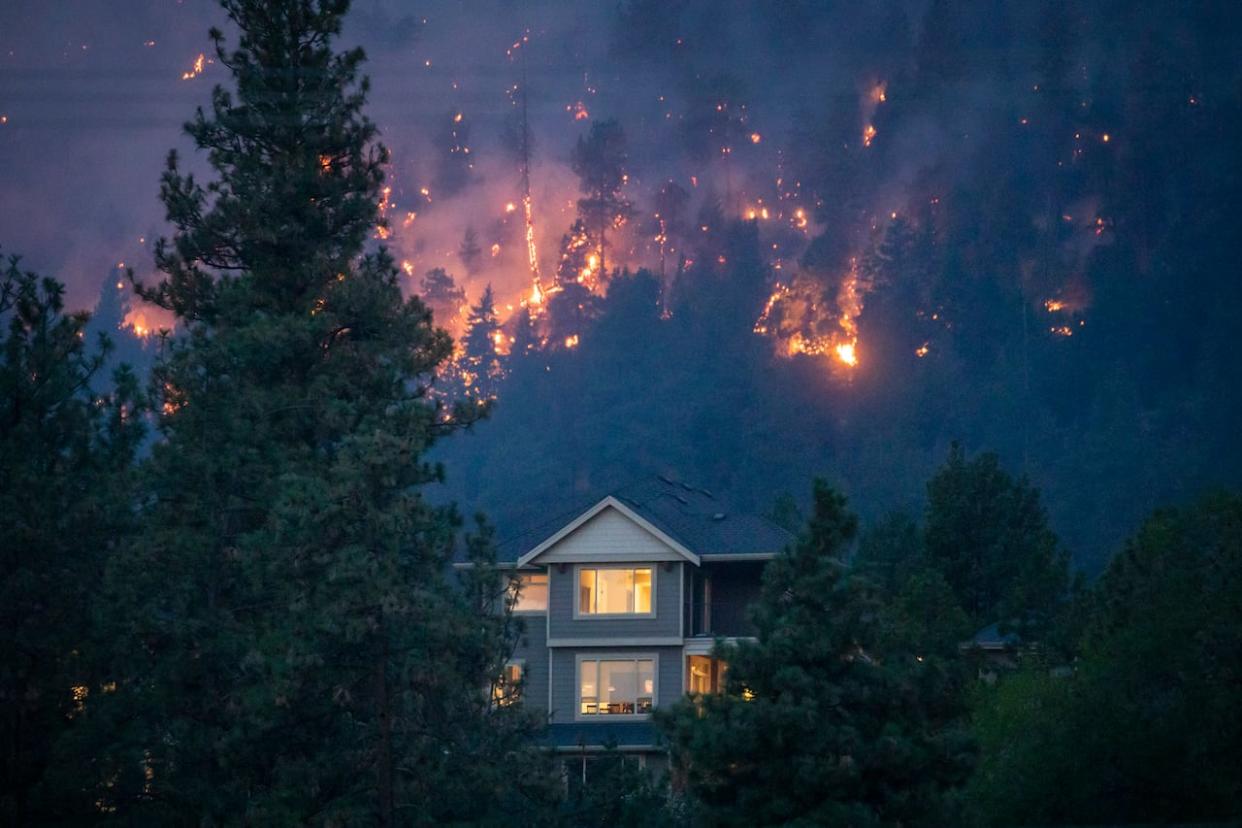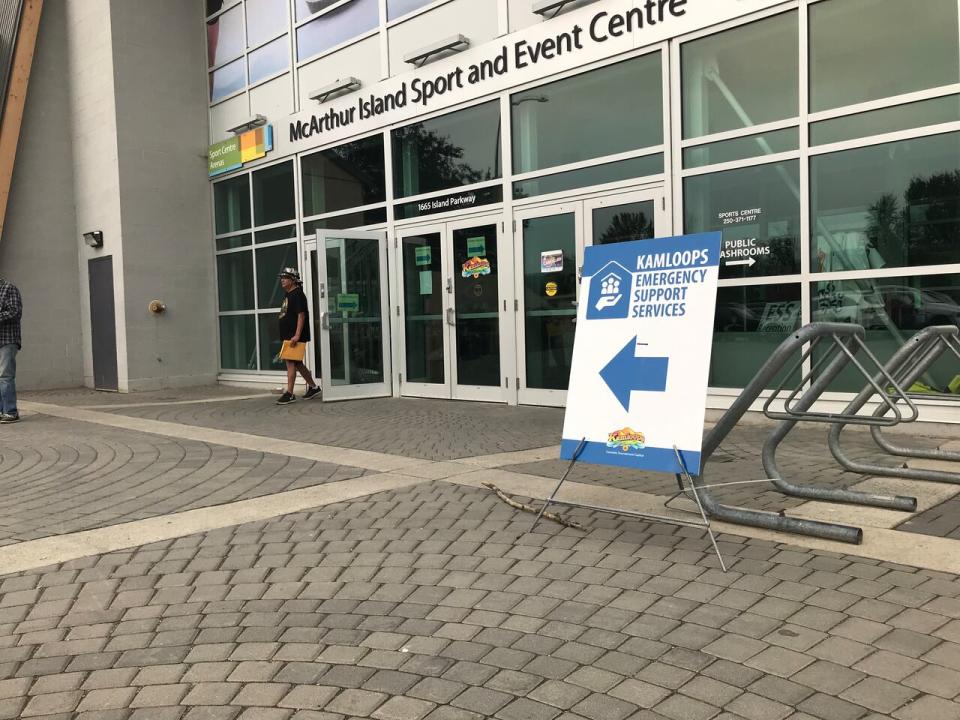What you can do to prepare for wildfire evacuations now

Wildfires are already popping up in some parts of B.C., and officials are worried about a tough summer ahead.
Thousands of people were forced from their homes in 2023, as wildfires threatened people and property, prompting evacuation alerts and orders in all corners of the province.
Just two of those wildfires caused more than $720 million in insured losses last year, making the fires the most costly insured extreme weather event the province has ever seen.
The 2024 season started early, first with holdover or "zombie" fires smoking in early February and the first evacuation alerts being issued on April 21.
Here's what you can do now to prepare for the possibility of an evacuation.
Know where to turn for evacuation information
Local governments and First Nations are responsible for issuing evacuation orders and alerts during emergencies.
An evacuation alert means you should be prepared to leave your property at a moment's notice.
An evacuation order means you must leave the area immediately and are not allowed inside the area covered by the order. These are often enforced by police.
Many local governments have set up text alert systems, which you can sign up for by visiting your municipal government website.
Regional districts often take the lead when it comes to emergency situations. CivicInfo B.C. maintains a directory of regional districts.
Consider insurance
Prepared B.C. says it's a good idea to research insurance options, if you haven't already, whether you rent or own your property.
Insurance companies can also help cover costs associated with being evacuated for a specified amount of time.
Disaster Financial Assistance does not cover losses related to wildfire.
If you aren't sure where to begin, you can call the Insurance Bureau of Canada at 1-844-227-5422.
Make a plan
Prepared B.C. advises residents to make a comprehensive plan outlining details about your family, including pets, and your home. Add things like healthcare history, insurance and information about utilities.
Establish an out-of-town emergency contact who can help keep track of your whereabouts, and the whole family should agree on a location, like an evacuation reception centre, where they will meet in the event of an evacuation.

A man walks out of the McArthur Island Sport and Event Centre on Wednesday, Aug. 23, 2023, where he received information and support as a wildfire evacuee. (Chad Pawson/CBC)
If you don't want to make your own plan, Prepared B.C. has created a printable form to fill out and keep in a safe place.
People who evacuated during the Fort McMurray wildfire in 2016 have suggested taking photos of the inside of your home, including its contents, for insurance purposes.
Emergency kit
Officials recommend packing a "grab-and-go" bag, also known as a "go" bag. These are kits that contain anything a person would need to survive for up to three days during an evacuation.
Include items such as:
Important paperwork like insurance and identification documents.
Medicine.
Non-perishable food.
Water (four litres per person per day).
Clothing for a few days.
Blankets.
Cash.
Comfort items for children.
Cellphone chargers.
Utilities
In preparation for wildfire season and potential evacuations, it's a good idea to learn where utilities are located and how to turn things off and on.
Technical Safety B.C., an independent organization that oversees the safe installation and operation of technical systems and equipment across throughout B.C., says anyone on evacuation alert can take steps to prepare for an evacuation:
Unplug non-essential electrical appliances.
Move portable propane cylinders away from any house or structure to an area where fire impact will be minimal.
Turn off valves and power knobs on appliances and systems.
Shut off the water leading to hot water tanks.
If you have propane storage tanks on site, clear the area underneath and within 10 feet of vegetation or any other combustible material to limit the damage from wildfires.
If you're on evacuation order, guidance on turning off natural gas depends on your supplier. If natural gas comes from Fortis BC or Pacific Northern Gas, Technical Safety B.C. says you should not shut it off. If it comes from somewhere else, or if you are on propane, you should shut the gas supply off upstream of the gas meter or at the propane tank.
Secure your home
Other things you should do in the event of an evacuation, if safe to do so, include:
Close doors and windows.
Close and latch gates, but leave them unlocked.
Shut off the water.
Switch electricity off.

